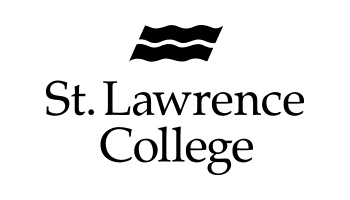Program Overview
Success in the field of IT requires an ongoing commitment to update one’s skills in the rapidly changing industry. In this program, students will acquire the expertise and practical skills to support the use of computers and networks in many facets of our daily lives. Graduates are able to work individually or as a team to implement and maintain IT solutions to meet the day-to-day requirements of individuals and organizations. Students will receive hands-on training in computer hardware, software installation, scripting procedures, diagnostics, maintenance, user support, and more.
Admission Requirements
Secondary School Diploma including Math 11 and English 12, or equivalent. Student must meet one of the language requirements
- Canadian College of English Language Level 140, Pass with 60%.
- St. Lawrence College ESL Advanced, Pass with 60%
- IELTS 6.0 (minimum of 5.5 in each section)
- TOEFL CBT 213 , TOEFL IBT 78






